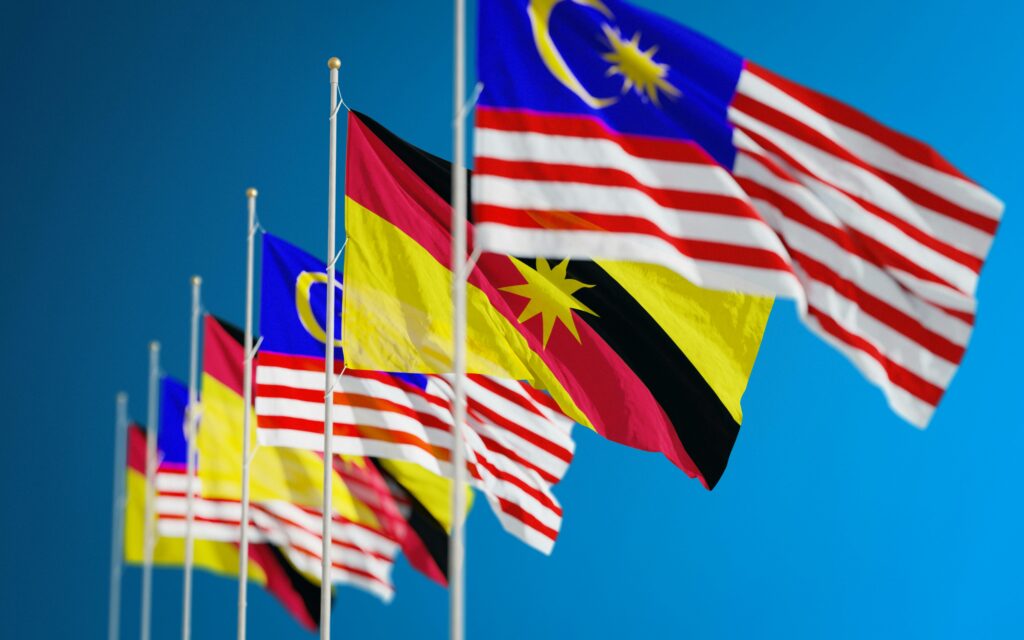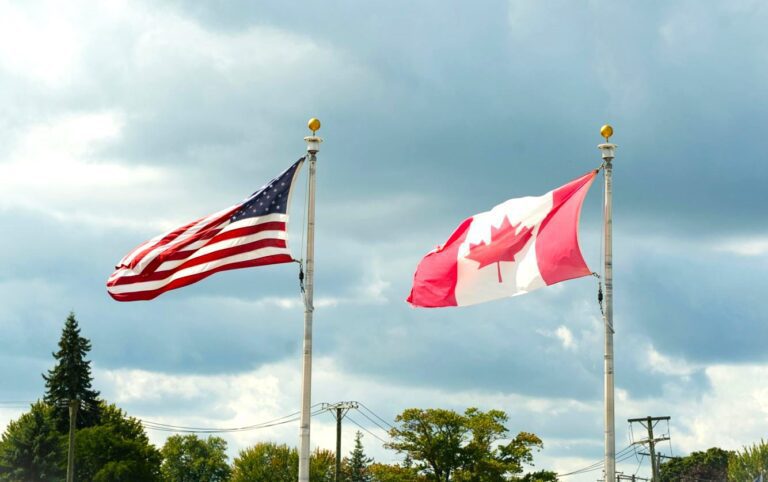Managing your money and income means knowing about tariffs. Tariffs are taxes on imported goods and services. They raise the prices of things like clothes and electronics, affecting your wallet.

It’s key to understand tariffs to deal with international trade’s impact on your money. Tariffs can change what you pay for things, affecting your spending power and income. Keeping up with trade policies is important for your financial health.
Key Takeaways
- Tariffs are taxes on imported goods and services, affecting prices and your income.
- The impact of tariffs can be seen in the prices of everyday items, from clothing to electronics.
- Understanding tariffs is key to navigating international trade and its effects on your finances.
- Tariffs can influence your purchasing power and income, making it essential to stay informed about trade policies.
- As you manage your money, it’s vital to consider the possible effects of tariffs on your financial well-being.
- Staying current with trade policy updates can help you make smart choices about your income and finances.
Understanding the Basics of Tariffs
Exploring international trade means learning about tariffs. Tariffs are taxes on goods from other countries. They shape how goods and services move between countries.
Countries use tariffs to protect their industries and raise money. Tariffs help domestic producers compete with foreign companies. For example, the U.S. has tariffs to support its industries and fair trade.
Definition and Purpose of Tariffs
Tariffs protect domestic industries and raise revenue. They control the amount of goods entering a country. Tariffs are a tool for governments to manage imports and collect taxes.
Types of Tariffs
There are different tariffs, like ad valorem, specific, and compound tariffs. Ad valorem tariffs are based on the goods’ value. Specific tariffs are per unit. Compound tariffs mix both. Knowing these types is key for those in international trade.
Historical Context of Tariff Implementation
Tariffs have been used for centuries to regulate trade and protect industries. The Smoot-Hawley Tariff Act in 1930 is a notable example. It raised U.S. tariffs, leading to trade wars and worsening the Great Depression.
How Tariffs Function in International Trade
Understanding tariffs is key in the complex world of international trade. Tariffs greatly influence global trade relations and the economy. They affect everything from prices to jobs.
Tariffs can protect home industries or raise government funds. But, they can also raise import costs and cut trade. Here’s why:
- Tariffs make imports more expensive, affecting buyers.
- Tariffs can spark trade wars as countries retaliate.
- They can also hurt jobs, as companies might cut production or move.
In summary, knowing how tariffs work is vital for businesses and people. By understanding their economic effects, you can make better choices. This helps you navigate global trade relations with confidence.
The Direct Impact of Money, Income, and Tariffs on Your Wallet
As a consumer, you know tariffs can change prices of goods and services. But how do these policies affect your money? It’s key to understand tariffs and how they change your spending habits.
Tariff changes can make prices go up and down. This affects how much you can buy and your budget. For example, higher tariffs on imports mean pricier products. This might make you spend less or find cheaper alternatives.
Consumer Price Changes
When tariffs go up, so do prices of imported goods. This can hurt the economy and jobs. It’s important to watch these changes and adjust your budget.
Employment Effects
Tariffs can also hurt jobs, mainly in industries that import a lot. Knowing this can help you plan your career and finances better.
Investment Opportunities and Risks
Tariffs can also change investment chances and risks. As an investor, keeping up with tariff news is key. This helps you make smart choices about your money and stay ahead of tariff impacts.
Key Players in Tariff Implementation
Understanding the key players in tariff implementation is key in the complex world of international trade. Governments, businesses, and international organizations all have important roles. They work together to make sure tariffs are set and applied correctly.
Governments set and enforce tariffs. They work with businesses to see how tariffs affect them. The World Trade Organization (WTO) helps with global trade and solving disputes.
Some of the key players in tariff implementation include:
- Governments: responsible for setting and enforcing tariffs
- Businesses: affected by tariffs and work with governments to understand their impact
- International organizations: facilitate global trade relations and resolve trade disputes
It’s important for these players to work well together. This ensures tariffs help everyone involved. Keeping up with international trade news is key for your business or investments.

In the changing world of international trade, knowing who does what is essential. Staying informed about global trade trends helps you make smart decisions. This way, you can handle tariffs and find opportunities in the global market.
| Player | Role |
|---|---|
| Governments | Set and enforce tariffs |
| Businesses | Affected by tariffs, work with governments to understand impact |
| International organizations | Facilitate global trade relations, resolve trade disputes |
Understanding Tariff Calculations and Rates
International trade involves tariffs, which affect a country’s economy. It’s key for businesses and consumers to grasp how tariffs work. We’ll look at Ad Valorem, Specific, and Compound Tariffs in this section.
Ad Valorem Tariffs
Ad Valorem Tariffs are a percentage of the imported goods’ value. They’re used for items like clothes, electronics, and more. These tariffs can raise the cost of imports, impacting consumer prices.
Specific Tariffs
Specific Tariffs are based on the quantity of imports. They’re applied to goods like food, steel, and chemicals. Knowing these tariffs is vital for understanding their impact on prices.
Compound Tariffs
Compound Tariffs mix Ad Valorem and Specific Tariffs. They consider both the value and quantity of imports. Understanding these tariffs is critical for their economic effects on prices.
| Type of Tariff | Calculation Method | Examples of Goods |
|---|---|---|
| Ad Valorem Tariffs | Percentage of value | Clothing, textiles, electronics |
| Specific Tariffs | Quantity-based | Agricultural products, steel, chemicals |
| Compound Tariffs | Combination of value and quantity | Varying goods |
In conclusion, grasping tariff calculations and rates is vital for international trade. Knowing about Ad Valorem, Specific, and Compound Tariffs helps businesses and consumers. This knowledge aids in understanding tariff policies’ economic impacts and making informed choices.
Economic Effects of Tariff Policies
When you think about tariffs and your money, it’s key to see the big picture. Tariffs can change how money moves, affect income, and raise prices. This can lead to higher costs for you, changing how you spend and earn.
Tariffs can have big effects on the economy. They can change how money moves and jobs are created. For example, tariffs on imports can make it costlier for local businesses to produce. This might hurt their income and ability to hire. Yet, tariffs can also help local industries grow, creating jobs.
Here are some important things to think about when looking at tariffs’ economic impact:
- How tariffs affect prices and spending
- The impact on jobs and income
- The role in economic growth and local industry development
Understanding tariffs’ economic effects is vital for smart financial decisions. By looking at how tariffs might affect money, income, and the economy, you can prepare for market changes. This helps you protect your financial health.
How Tariffs Influence Consumer Behavior
As a consumer, you might have seen prices go up on some products because of tariffs. These tariffs can really change how you shop and what you buy.
Tariffs on imported goods make these products more expensive. This can make you choose different products or spend less. In the world of international trade, tariffs can make people look for cheaper options or different products.
Some key ways tariffs influence consumer behavior include:
- Shopping patterns: You might start shopping at different stores or online to find better deals.
- Alternative product choices: You might look for products or brands that aren’t hit by tariffs or offer more value.
- Budget adjustments: You might have to spend less or find cheaper alternatives because of the price hikes.
In the world of international trade, knowing how tariffs affect people is very important. Businesses and policymakers can use this knowledge to keep their edge in the market.
Tariffs’ Role in Domestic Industry Protection
When you think about tariffs and the economy, it’s key to see how they protect domestic industries. Tariffs can shield homegrown businesses from foreign competition. This lets them grow and develop without being crushed by cheaper imports. This can have big economic effects, both good and bad, depending on the industry and how much protection they get.
In the world of global trade relations, tariffs are a tricky thing. They can protect jobs and industries at home. But they can also spark fights with other countries, hurting exports and the whole economy. It’s important to think about the possible outcomes of tariffs and how they affect global trade relations.
Some important things to think about include:
- The level of protection given to domestic industries
- The impact on consumers and prices
- The chance of other countries striking back
By understanding these points and their economic effects, you can handle the complex world of tariffs better. Remember, tariffs’ effects aren’t just local. They also shape global trade relations and the wider economic scene.

Global Trade Relations and Tariff Agreements
Understanding tariff policies is key in the world of international trade. Tariffs can greatly affect how goods and services move between countries. They can protect home industries, bring in money, or punish unfair trade.
Groups like the World Trade Organization (WTO) are vital in shaping global trade. They set rules for trade, including tariffs. Countries join these groups to lower barriers and ensure fair trade.
International Trade Organizations
These organizations help countries agree on tariffs. This can ease trade tensions and boost economic ties. For instance, the WTO’s GATT aims to cut tariffs and barriers, promoting free trade.
Trade War Implications
Trade wars can hurt global trade. Tariffs on each other’s goods can start a cycle of retaliation. It’s important to understand these effects to make good tariff policies.
Bilateral Agreements
Bilateral agreements are also key in global trade. They can lower tariffs and barriers, fostering cooperation and trade. By making these agreements, countries can create beneficial trade ties.
| Country | Tariff Policy | International Trade Agreement |
|---|---|---|
| United States | Imposes tariffs on imported goods | WTO member |
| China | Imposes tariffs on imported goods | WTO member |
| European Union | Imposes tariffs on imported goods | WTO member |
Future Trends in Tariff Policies
When thinking about tariffs and their effect on your money and income, it’s key to look at future trends. The world of global trade is changing, and tariffs will play a big role in this. They will shape how countries trade with each other, affecting businesses and consumers.
Tariffs will keep being a big part of trade policies. Governments will use them to protect their industries and make trade deals. With new tech like AI and blockchain, tariffs might change too. This could mean new tariffs or updated rules to fit the new trade world.
- Increased use of tariffs as a negotiating tool in trade agreements
- Greater emphasis on tariffs as a means of protecting domestic industries and promoting economic growth
- More nuanced and targeted tariff policies, taking into account the complexities of global supply chains
Understanding tariffs and their impact on your income and money is vital. Keep up with tariff trends to manage risks and find new chances in global trade.
Staying ahead of the curve in terms of tariff policies and their implications will be essential for businesses and individuals alike, as the global trade environment continues to shift and evolve.
Conclusion: Managing Your Finances in a Tariff-Affected Economy
Tariffs are changing how we trade globally, affecting our money. It’s key to know how these changes impact your wallet. Stay updated on trade news and consumer trends to make smart money moves.
Think about spreading out your investments and looking for different products. Also, change how you spend to avoid price jumps from tariffs. This way, you can keep your finances safe.
Handling a tariff-affected economy might seem tough, but you can do it. By keeping up with tariff news and managing your money wisely, you can stay financially strong. This will help you succeed in the long run.
FAQ
What are tariffs and how do they work?
Tariffs are taxes on goods and services brought into a country. Governments use them to help home industries, make money, and shape trade policies. They make foreign products more expensive, helping local ones to compete better.
What are the different types of tariffs?
There are several types of tariffs. Ad valorem tariffs are a percentage of the product’s value. Specific tariffs are based on the product’s weight or quantity. Compound tariffs mix both.
How do tariffs impact the economy?
Tariffs can change many things in the economy. They can raise prices for consumers, affect jobs, and influence where people invest. They can also lead to trade wars, hurting the economy more.
Who are the key players involved in tariff implementation?
Governments, businesses, and international groups like the WTO are key in tariffs. Governments decide on tariffs, businesses adjust, and the WTO oversees global trade rules.
How are tariff rates and calculations determined?
Tariff rates depend on the product, its origin, and trade agreements. Governments use formulas to set tariffs, which can change due to economic and political reasons.
How do tariffs influence consumer behavior?
Tariffs can change how people shop and spend. They might choose cheaper or local products to save money. This can affect their budgets.
What is the role of tariffs in domestic industry protection?
Tariffs help protect home industries from foreign competition. By making imports pricier, they give local producers a chance to compete and keep their market share.
How do tariffs affect global trade relations and agreements?
Tariffs can make trade relations tense, leading to trade wars. The WTO helps manage tariffs through agreements, trying to keep trade flowing smoothly.
What are the future trends in tariff policies?
Tariff policies will likely change with new technologies, shifts in trade, and global politics. Governments might use tariffs to tackle new trade challenges and opportunities.
